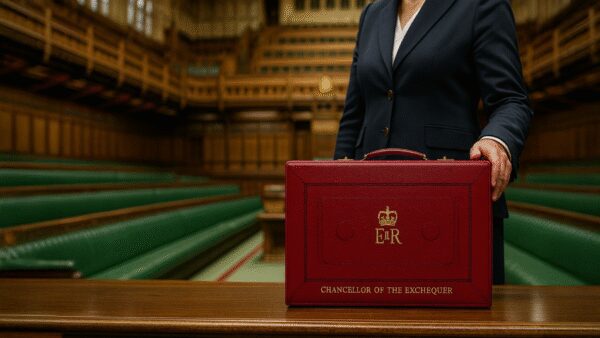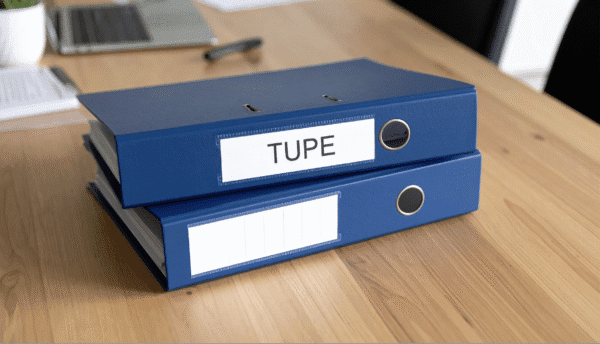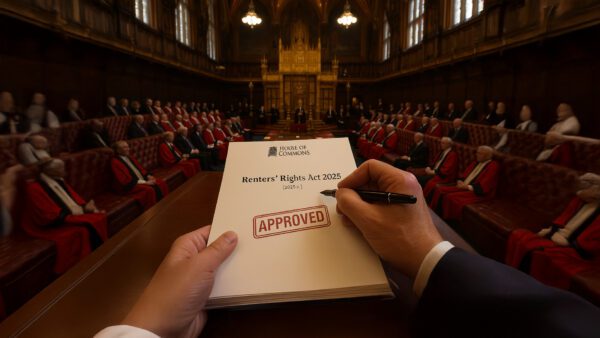For Hong Kongers looking to purchase residential properties in the UK, understanding the residential conveyancing process is essential. This article will provide an overview of residential conveyancing, offering insights into the legal procedures and considerations involved.
The UK legal system is recognised and trusted with a long established and transparent system of title records stored at the Land Registry. The Land Registry in England and Wales operates differently from Hong Kong as all Official Copies that prove ownership of properties, are stored electronically, and can be retrieved easily by solicitors acting in a property transaction. This differs from the system in Hong Kong, where the original title deeds are often held and passed to the new buyer upon completion.
The below is a simple explanation of the residential conveyancing process in UK:
1. Make an Offer
When you find a property you like, you make an offer to the seller/developer. You specify the price you’re willing to pay and any conditions you have. It is important to set out crucial terms at the outset. For example, do you have a particular timeframe you require for exchange and completion.
2. Acceptance of Offer
If the seller agrees to your offer, a memorandum of sale (for second-hand properties) or a reservation form (for new builds) will be issued detailing the terms and conditions for the purchase. It is important to check the details on the memorandum of sale/reservation form are correct. For example, is your full legal name used? Is the address provided your current residential address?
3. Appoint a Solicitor
You instruct a solicitor to handle the paperwork and legal aspects of the property purchase. In UK, the burden is on the buyer’s solicitor to establish the property has a good title. Quastels LLP is experienced acting for purchasers on developments across London and second-hand transactions. We can communicate in Cantonese to assist purchasers from Hong Kong understand the paperwork in their mother tongue language. We will assist you in a seamless transaction and provide a detailed legal report explaining important issues related to the purchase prior to exchange of contracts. Usually, a 10% exchange deposit is required upon exchange of contracts.
4. Surveys and Inspections
Unless you are buying a new build direct from a developer, no guarantee will be given as to the condition of the property. You should appoint a surveyor to prepare a report for you on its condition. In the UK, solicitors do not inspect the property or make any physical checks. This is the job of a surveyor.
5. Mortgage Arrangements
If you’re getting a mortgage, arrange this with a mortgage broker or a lender directly. For second hand transactions, you must consider the finance options prior to the offering stage. For off plan purchases, if you require a mortgage, we recommend you start the application at least 6 months prior to the estimated completion date, but of course you should not commit to an exchange of contracts unless you are certain you will have funds available at completion.
6. Exchange of Contracts
If you are satisfied with the legal report that you have received, the results of your survey , and that you will have funds available to complete the purchase, then you can ‘exchange contracts’. This is the point when you sign the contract and pay a 10% deposit, and fix the completion date. Once you have exchanged contracts both you and the Seller are ‘locked in’. Up to this point either you or the seller can withdraw from the transaction without penalty.
7. Completion
On the agreed-upon completion date, you pay the remaining balance of the purchase price. Any mortgage funds will be sent direct to your solicitor to use. The property’s legal ownership is transferred to you, and you receive the keys. Quastels LLP will deal with paying the SDLT and registering the property at Land Registry. For off plan properties, registration can take up to 12 months. The application to register the title at the Land Registry is protected until the Official Copies are received.
Below are answers to some common questions that purchasers from Hong Kong often ask during the conveyancing transaction:
Why do solicitors check source of funds in such detail for purchasing a residential property in UK?
The requirement for a source of funds and anti-money laundering (AML) checks in the UK for residential property purchases is primarily aimed at preventing illegal financial activities, such as money laundering and fraud. These checks are part of a broader effort to maintain the integrity of the financial system and property market. UK law firms are required to review the source of funds and origin of funds for the purchase of the property in UK to comply with AML regulations.
Quastels LLP provides a thorough Source of Funds Questionnaire to assist purchasers in providing the correct information. The following can be provided in readiness prior to starting the conveyancing process:
- Bank statements for the last three months
- Payslips/Employment contract/Business card
- Copy of your passport
- Copy of your proof of address within last three months (utility bill or bank statement)
- An explanation for the source of funds. How were the funds accumulated? For how long? Did you receive any gift of funds from a third party?
- Evidence for your source of funds. For example, have you sold/refinanced another property to raise funds for the purchase? Do you have stocks and shares portfolio? Do you receive bonus/commission from your workplace? Do you have rental income?
What Do I Need To Look Out For If I Am Purchasing A Property Through a Company?
There may be adverse tax consequences from holding the property through a company. At Quastels our tax department can guide you. In addition The Economic Crime (Transparency and Enforcement) Act 2022 creates an obligation on overseas entities to ensure information is provided as to the ownership of overseas companies holding property and that it be renewed on an annual basis.
Is It True That I Don’t Need To Pay Ground Rent On New Build Flats Anymore?
The Leasehold Reform (Ground Rent Act) 2022 prohibits ground rent being charged on new leases. Therefore, if you purchase a new property where a new lease is granted, no ground rent will be payable under the lease.
There are exceptions to the Act, including:
- Existing leases
- Leases granted pursuant to contracts exchanged before 30 June 2022
- Business leases
If you are interested in purchasing a residential property in the UK, please contact us and fill out the form below.









